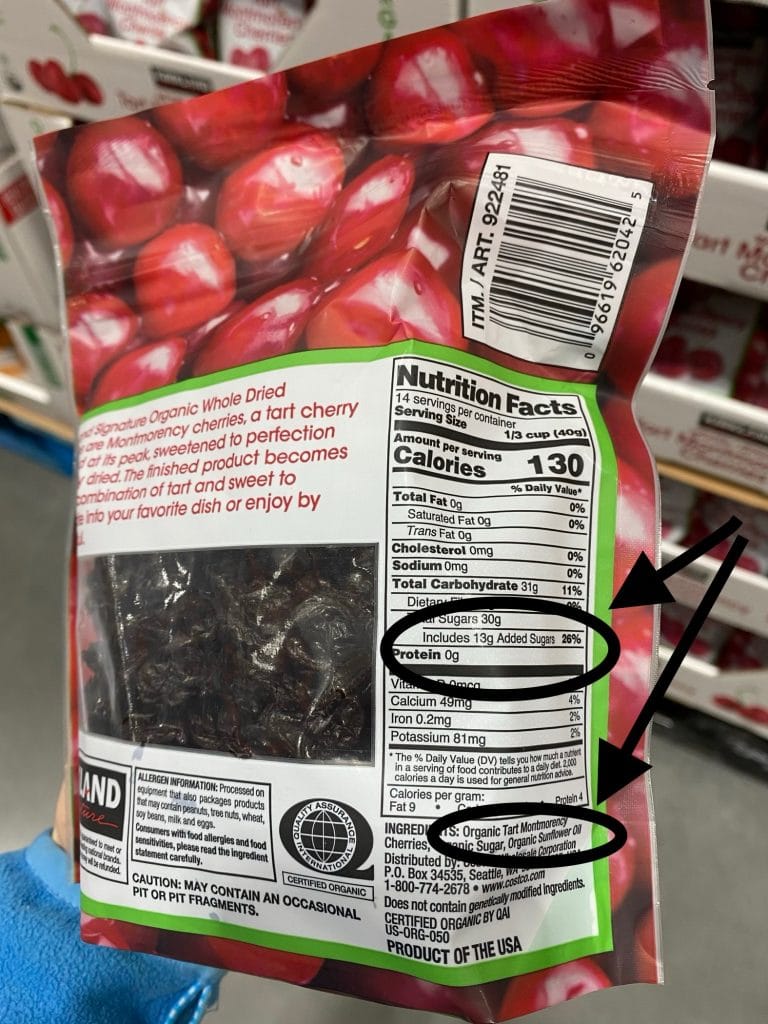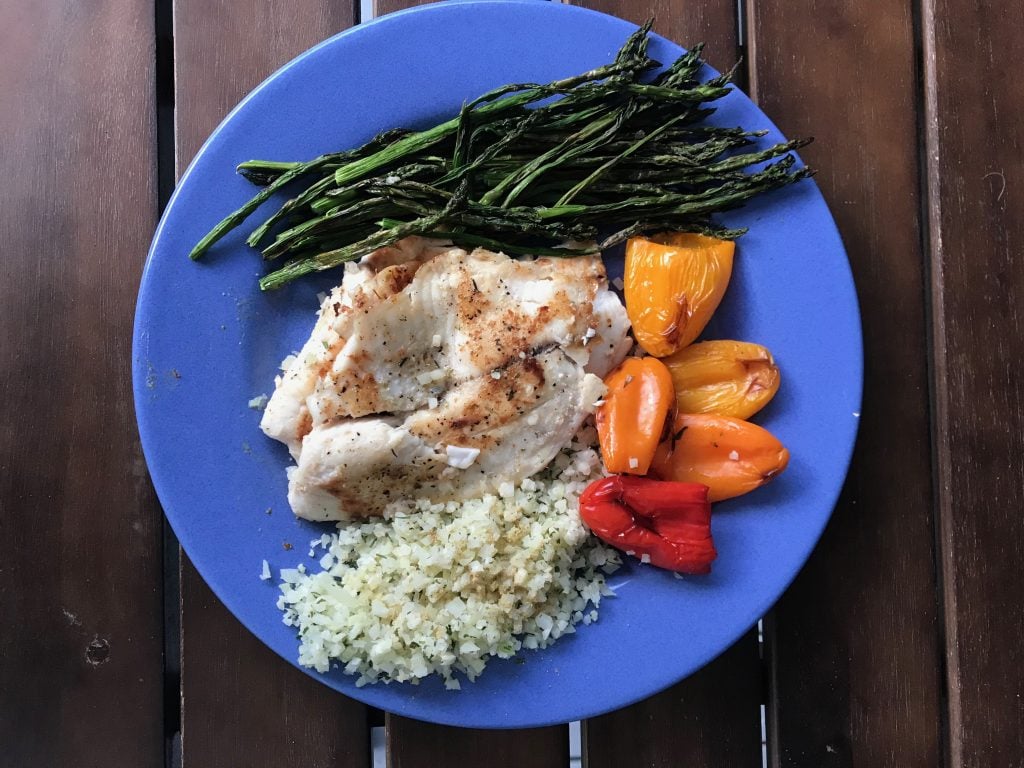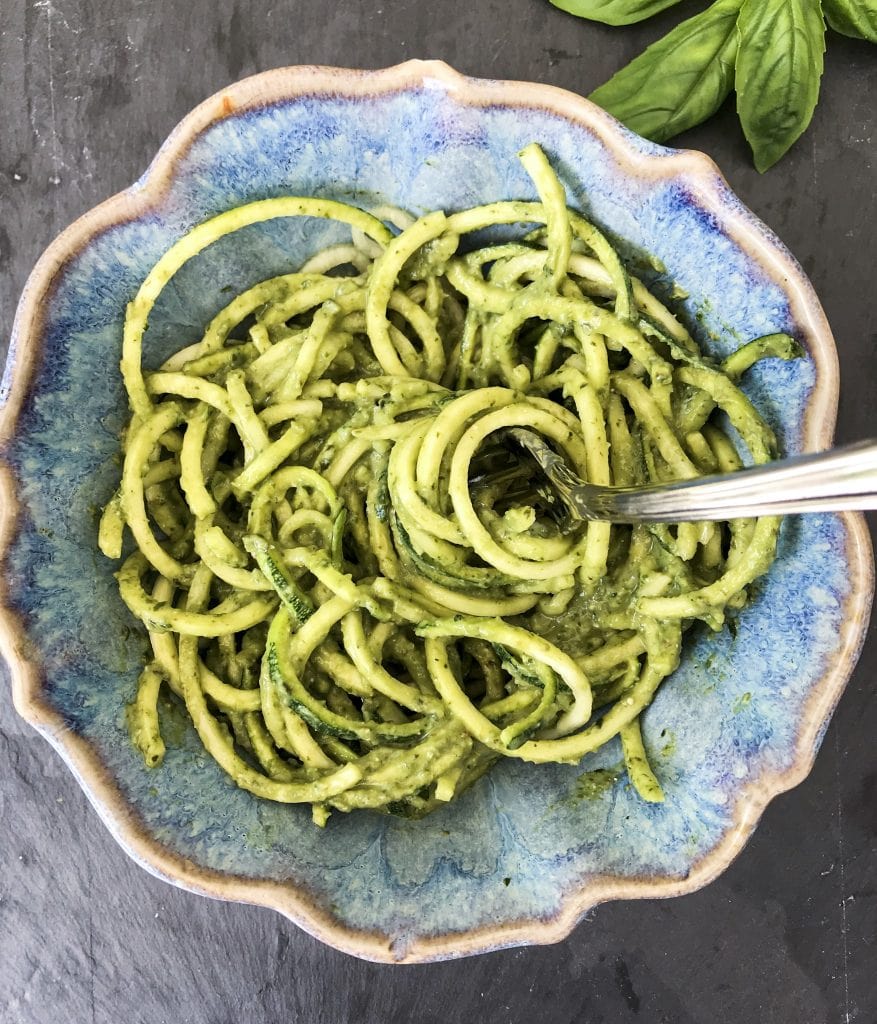Elimination diets can be hard. There’s no sugar coating it (no pun intended). I know this because I’ve done them before and I’m about to embark on probably the most restrictive one yet.
Why am I doing an elimination diet when I don’t believe in restrictive eating? There are several reasons, but first I’m going to get a little vulnerable and share some of my own health challenges in hopes of helping some of you.
Starting in college, I would get extreme stomach aches that left me wanting to curl up in a tight ball for the remainder of the day. Those stomach aches stayed with me through veterinary school and into my first job as a veterinarian. Some days I would be fine, but many days I would be feeling uncomfortable by the end of the day. And some of those days I would barely be able to walk around. The only way I found to relieve the pain was to sleep it off until the next morning.
Around that time, I also developed frequent heartburn despite a fairly healthy diet. For a while I popped Tums daily not thinking much of it, but eventually it started to bother me that I had to rely on that to feel comfortable. That motivated me to try my first Whole30.
Whole30 was when I really started to pay attention to the way foods impacted the way I felt.
Before Whole30 I read food labels, but to be honest? I was more interested in the fat content than the amount of sugar it contained or the ingredient list. Whole30 opened my eyes to the amount of chemicals and additives in our foods. I also discovered that just about everything has sugar in it which, to be blunt, sucks. WHYYY do crackers and salsa and turkey burgers have sugar? My first trip to the grocery store in preparation for Whole30 left me feeling pretty cranky and with a nearly empty cart. (Side note: that’s why I created the ALDI Whole30 shopping guide so that you can hopefully avoid that.)

Despite my initial frustrations, Whole30 taught me a lot.
I learned that eating plenty of healthy fats in my diet was not going to make me fat. Surprisingly adding more fat into my diet also decreased my sugar cravings. I also decreased the frequency of my stomach aches by learning that peanuts were a culprit – something I never would have guessed. Especially because they often occurred 2-3 days after eating them. My heartburn also slowly vanished.
So why am I doing another elimination diet?
The heartburn returned a couple of years ago and this time it wasn’t an easy fix. When it first started I did another round of Whole30 with zero relief. I’ve worked with general practitioners, GI specialists, functional medicine nurse practitioners, and nutritionists doing numerous tests and elimination diets without being able to pinpoint the root cause.
Numerous times I’ve been told just to stay on antacids or proton pump inhibitors for life. But as a veterinarian and health coach, I’m frustrated to be told to put a bandaid (that could have long term consequences) on symptoms when I don’t know the root cause. What’s even more frustrating is that the GI specialist that prescribed those medications didn’t once ask about my diet or lifestyle. (To be clear: I still 100% recommend meeting with your doctor when you have health concerns. But I also believe it’s important to be your own health advocate.)

Being healthy is about learning to listen to your body when it’s telling you that things are out of balance.
From the outside I live an extremely healthy lifestyle. And for the most part that’s true. I enjoy staying active and eating a clean, nourishing diet. I have learned to manage stress (likely another culprit to this..a topic for another post) and maintain good energy levels throughout the day. But experiencing heartburn after virtually every meal doesn’t feel healthy.
My gut is literally telling me that something’s not right. So that’s what I’m working on. I finally invested in some at-home functional medicine lab tests. Somewhat to my relief, the results showed that I do have signs of a “leaky gut” and overgrowth of bacteria. Relief because it’s a possible answer and something I can work to correct.
Based on the results, I’m starting a 3 month protocol to rebalance my gut. The idea behind a leaky gut is that the intestinal wall becomes weaker so that super tiny pieces of food escape the small intestines and enter the blood stream. Since those foods are hanging out where they have no business being the body develops a response to those invaders. That response triggers a variety of signs beyond just GI issues such as brain fog, headaches, lethargy, skin issues like acne and rosacea, joint pain, sinus congestion, allergies, etc. The elimination diet is designed to remove the foods most likely to contribute to a reaction while the gut is healing. The goal is that after 3 months, my gut will be in a much healthier place. At that point I’ll hopefully be able to reintroduce foods that were contributing to inflammation in my body comfortably.
Elimination diets aren’t about “good” and “bad” food or restrictive eating, they are a temporary diagnostic tool.
One often overlooked aspect of elimination diets (like Whole30) is that in order to be most valuable you shouldn’t immediately revert back to your normal ways of eating at the end. It’s a super valuable opportunity to identify food sensitivities by reintroducing one food group at a time. Understanding how your body responds to different foods empowers you to be able to make informed decisions about the foods that help you feel amazing and those that don’t.

Focusing on WHY you’re doing an elimination diet is an important part of surviving. While elimination diets aren’t forever, it can seem that way. It’s easy to think about all the foods you can’t have. Not gonna lie: Kombucha, dark chocolate, mushrooms, garlic, and onions are (healthy) staples in my diet that I’m not excited to part with. But 3 months of a different eating plan seems worth it to finally feel my best.
Do I know that this is going to fix it? No, but I’m optimistic and I want to share the journey (and at least some tips) on getting through elimination diets without feeling deprived and miserable. As a health coach, it’s important to me to experiment with anything that I might recommend to my clients and to put myself in your shoes. I’ll be writing another blog post with tips on how to stay positive and survive elimination diets. I’ll also be sharing a lot of my meals and parts of the protocol on Instagram.
If you’re interested in pursing an elimination diet but don’t know where to start that’s what I’m here for! Visit my website to schedule a complimentary health consultation today so we can discuss your health goals and whether my six month health coaching program is right for you. Or sign up for my newsletter for a biweekly dose of healthy tips and exclusive recipes, as well as my free guide on “How to Uncover Imposter Health Foods in 3 Simple Steps”.



Leave a Reply